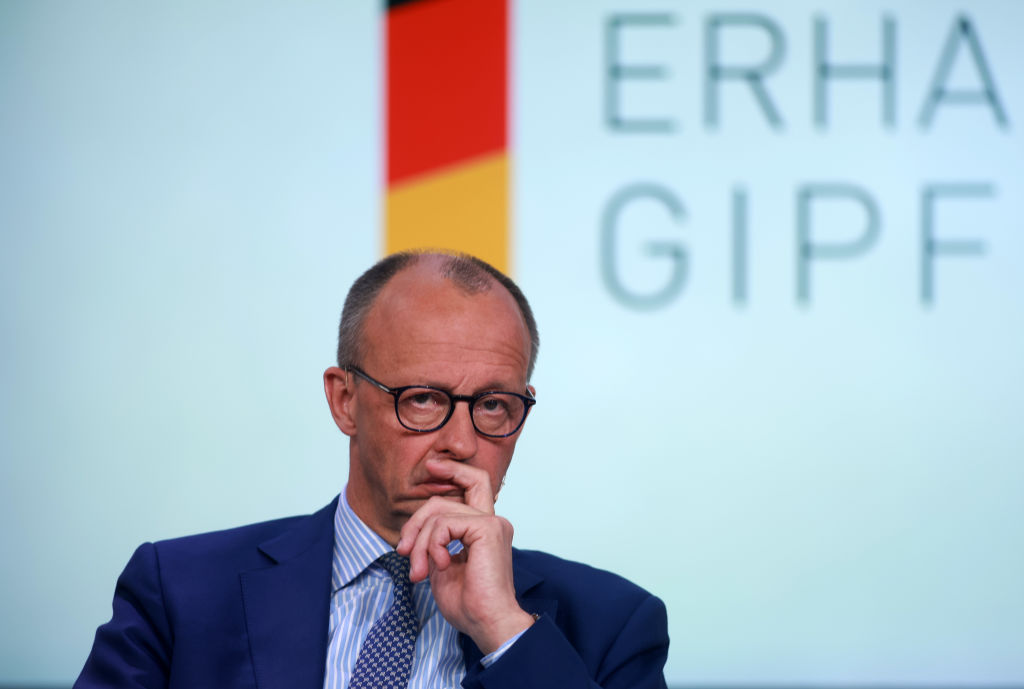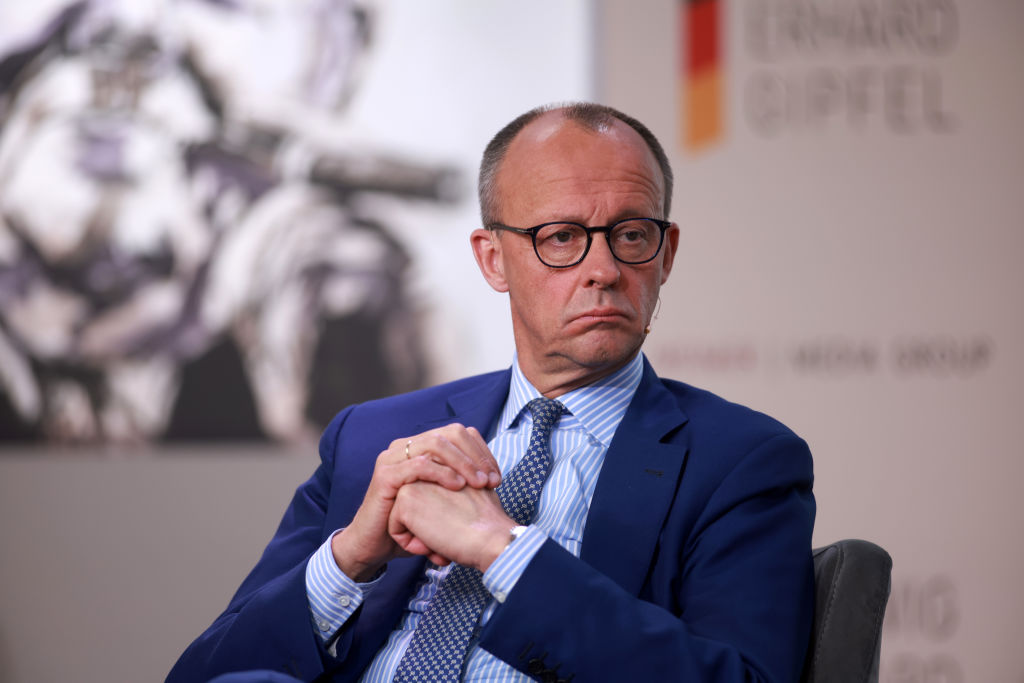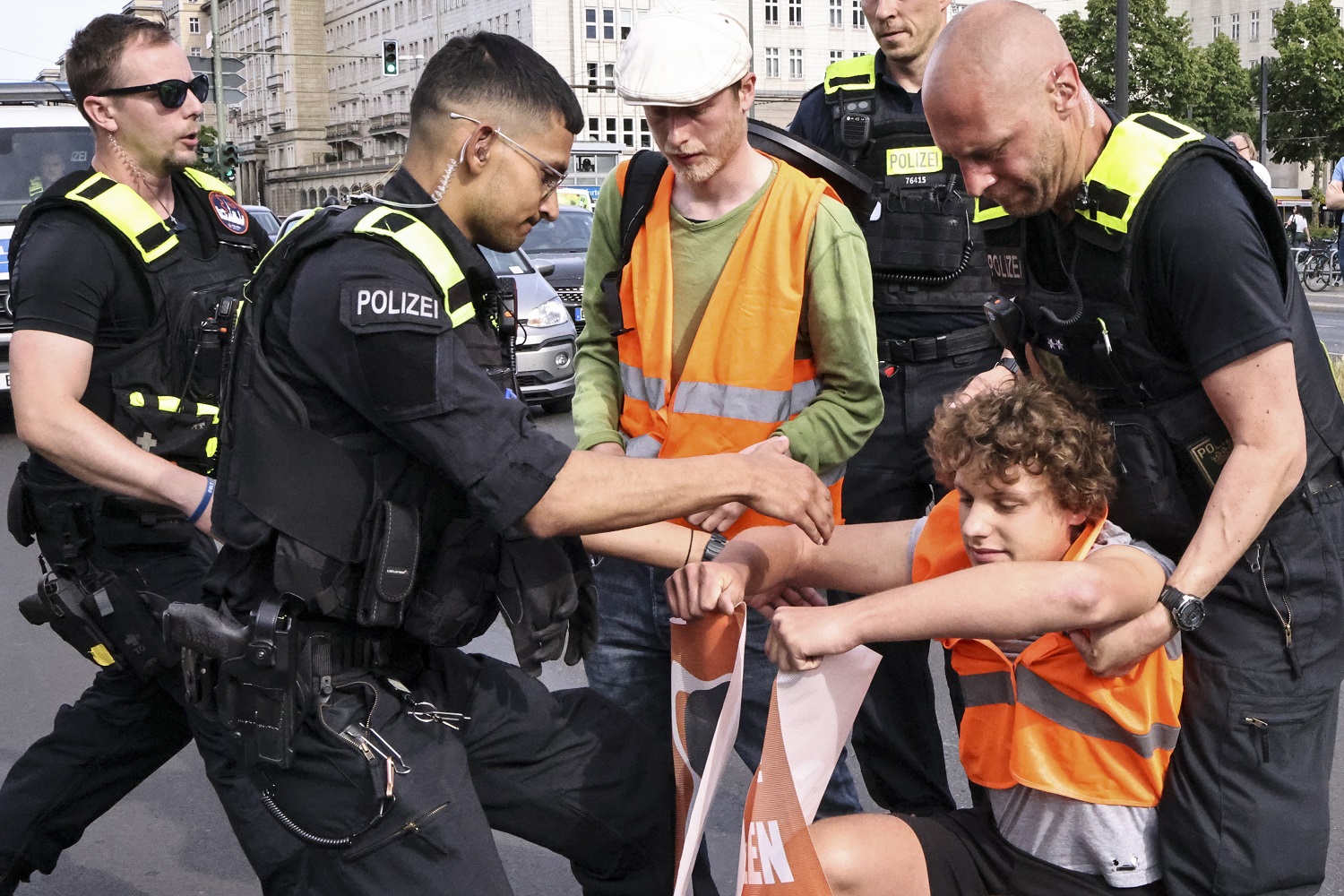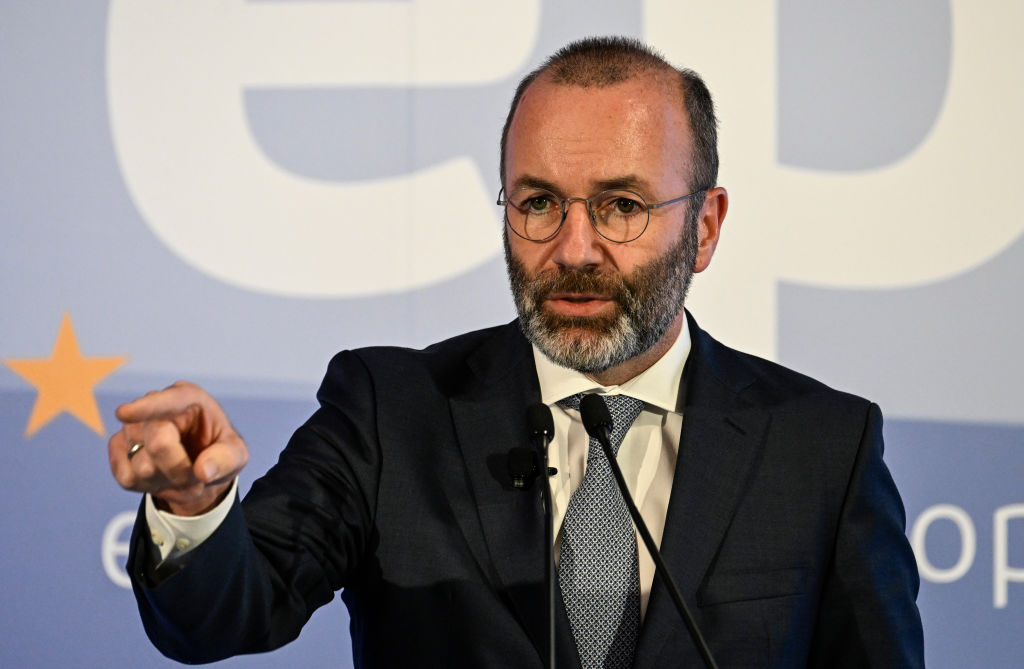Ricarda Lang, the co-leader of Germany’s Green Party, has banned cooperation between her group and the populist Alternative für Deutschland (AfD) amid controversy in her constituency of Backnang.
The ban comes after local Green representatives from the area stated that they often worked with their AfD colleagues during council meetings and had even gone out drinking together afterwards.
Having decried such friendliness as being “wrong”, Lang has now announced that Backnang Green representatives have accepted that they will no longer cooperate with the AfD on any issue.
“There is an agreement among the district board, local board and also the municipal council group that something like this will not be repeated,” she said, referencing an instance where Green councillors backed an AfD motion to provide more funding to a local theatre in the town.
Lang, who heads the German Green Party with Omid Nouripour, added that any issue her members wished to back the AfD on could simply be acted on unilaterally by the party without the involvement of their populist adversaries.
“If it’s about meaningful concerns, you can submit an application yourself,” she said.
Lang’s clampdown on her own party at the municipal level reflects growing tension between many local and national politicians in Germany.
Numerous high-level officials from within the centre-right Christian Democratic Union recently lashed out at suggestions that the party should work with the AfD at the local level, insisting that their so-called “firewall” against the far-right should be enforced at every level of German politics.
Such a sentiment has been rejected by many local councillors, with multiple officials from even mainstream centre-left groups saying that cooperation with AfD is merely a fact of life.
Such reasoning was echoed by councillors from Lang’s Green party members in Backnang, who described frequently voting together with the AfD on lesser issues, such as providing funding for local facilities and institutions.
“We are all on first-name terms with one another and after the meetings we go for a beer together,” the local Green chairman Willy Härtner said.
The politician went on to say that he saw “no problem” working with the AfD for the “good of the town”, even if such cooperation could not be replicated at the national level.





